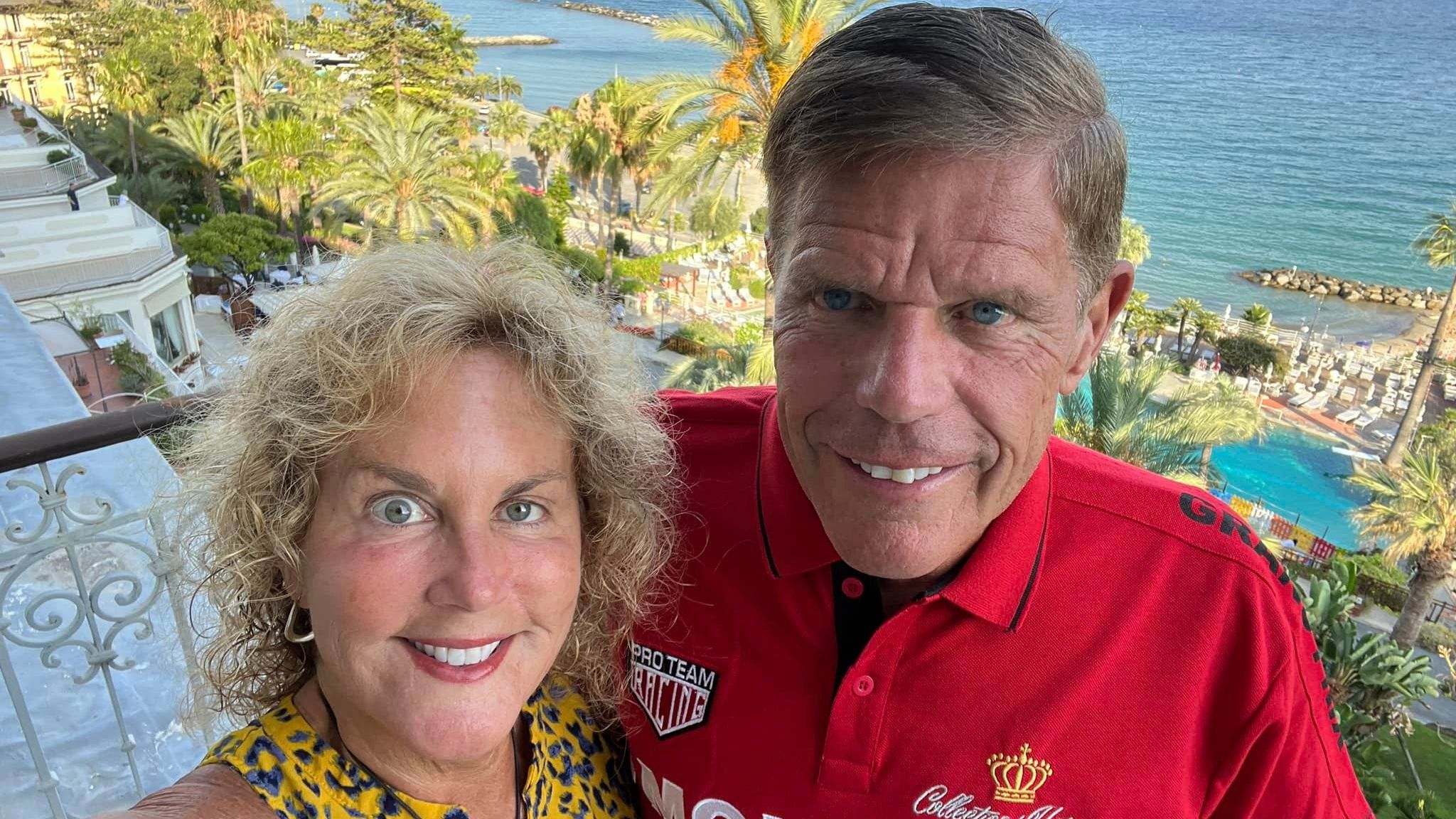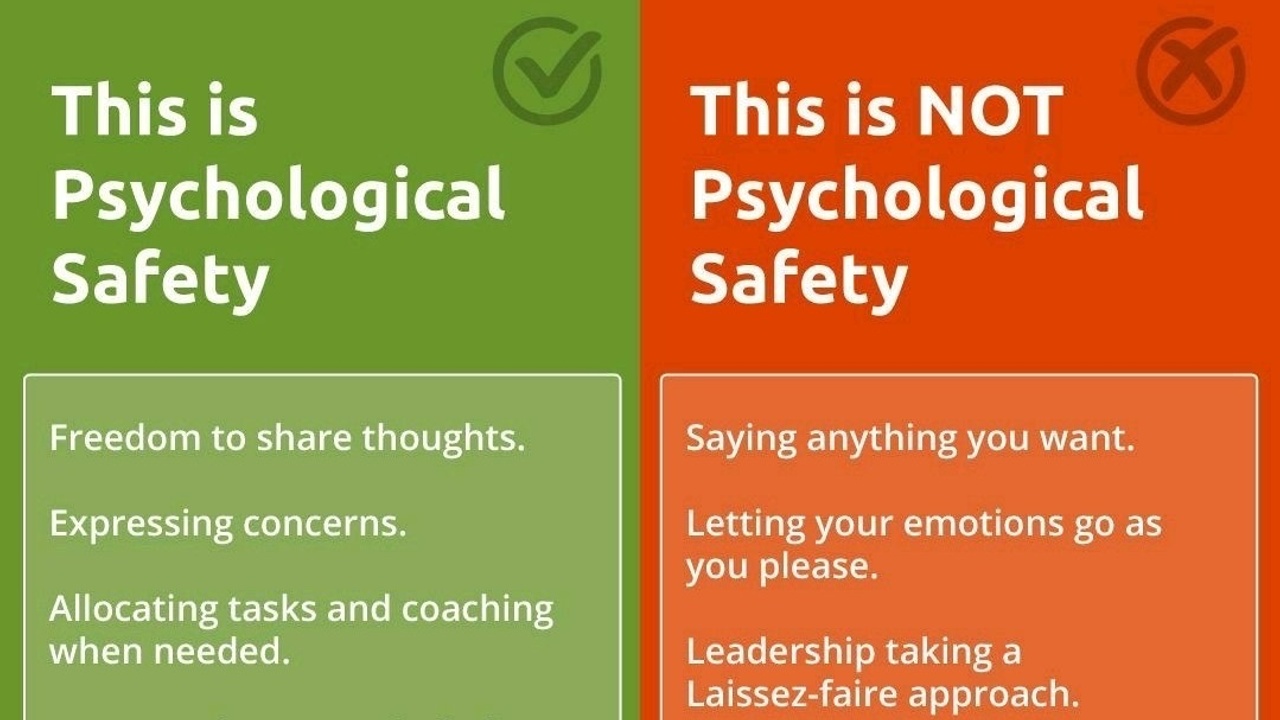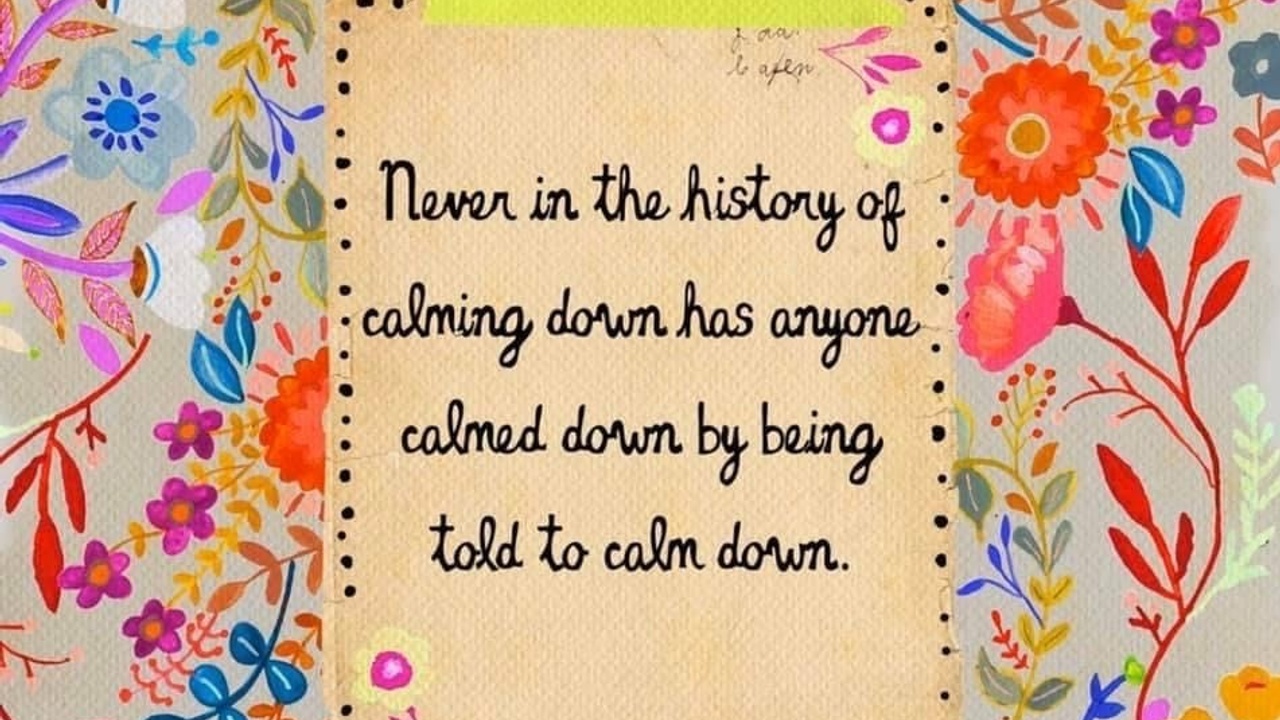I'm Invisible! - And Special Discount Until December 17th

Things are not working out in your job or in your personal life the way you had hoped. You're misunderstood and feeling ineffective, undervalued, and disregarded. People don't take you seriously. You are worried you don’t have the emotional intelligence, executive presence and influence to be a true leader. You’ve noticed your personal relationships are disjointed, too.
You’ve taken trainings, have met with mentors, sponsors and advocates and read all the books. You are working as hard as possible – to the detriment of your personal life. Others are more effective, liked better and advancing. While you’ve hit some goals, your forward momentum has plateaued. You aren’t getting noticed and you don’t have the personal freedom you desire. You feel invisible. You’re afraid this might be permanent.
You are not irrelevant. You are just unseen right now.
You’re convinced that you’re overwhelmed and stressed. You say things to yourself like, “If I could only get (this project finis...
The Problem Behind the Problem

|
Can We Please Normalize PTO?

Can we all please normalize appreciating PTO. Arnie and I decided a long time ago that we have to be the ones to prioritize our wellbeing. We didn’t wait for retirement to get the beach house. We don’t wait for retirement to travel. We don’t wait for retirement to regularly visit our children out of town. We don’t wait for retirement to take up hobbies, new sports, creative endeavors, meet new friends. We don’t have a bucket list. We live it every day.
I've spent most of my career as an execuitive at hospitals all to often seeing people retire, think they're going to do everything they've been waiting their whole lives to do, and an illness stops them in their tracks. Don't wait. Scale your dreams to what is reasonable and live them now.
Arnie and I are both high achievers and realize that sometimes doing our best means reflecting on what’s in the way of that happening.
The American culture has convinced many people that the work treadmill is necessary for success. That you must p...
One Question

I have one question for you.
Are you where you want to be in your career and personal life?
If the answer is, "yes," go to the next thing that interests you.
If the answer is "not really" or "I don't even think about what I want anymore," then you might want to think try to understand what you might be missing in your leadership and your career search - what other people see that you do not.
It is kind of scary looking at yourself from a different perspective. That's ok. You've already done a lot of firsts in your life. So have I.
✅ First time married✅ First time divorced✅ First time as a single mom of four children✅ First time on welfare, food stamps, medical assistance, homeless and without an automobile✅ First time committing to not be a victim, owning my life and being the role model my children need✅ First CEO role I wasn’t qualified for on paper✅ First time raising $10.4 million on the heels of the largest hospital bankruptcy in US history✅ First time letting my guard down...
It's Cost You Too Much Already to Stay Stuck

You’re a leader in a high performing role but deep down you understand that emotional intelligence and clarity are critical to your success. You’ve started to doubt yourself. You feel you don’t have a clear career path and feel you need more executive presence for greater influence and efficacy.
You’ve noticed your relationships are frayed, you’re resentful, you’re not sleeping well and other healthy habits have gone by the wayside too.
Here is what I know to be true:
- When you have the humility to see yourself honesty you free yourself to be a more powerful leader.
- When you stop focusing on being right and start focusing on getting it right you take your leadership to a whole new level.
- The path you seek is directly in front of you. When you push aside the doubt, cynicism, bureaucracy and personal agendas so you can see it clearly.
- Sitting back and waiting for others to notice your value is like sitting back and thinking the lion won’t eat you because you didn’t eat hi ...
So Much Tension

Do you ever look out at the world and wonder why with so much beauty there is so much tension? Why at work there is a sound mission yet there are personal agendas, bureaucracy, posturing and cynicism.
Why at home and with friends there is love yet there are interpersonal struggles.
Why with your free time there are interests but there never seems to be enough time to get to them.
I took this photo on the beach recently because it reminded me that when we slow to a standstill we can actually canvas the landscape to notice not only what we need but more importantly what we want.
You think you need a new job. You think you need a different partner, more love, new friends. You think you need more time.
What you really want is to show up at work with confidence, influence and strategic execution that matters, gets noticed and opens opportunities for you to serve in a stronger capacity.
What you want is to go home, not reach for cookies or wine, but for a hug from a partner or fa...
This is Not Self Care

I used to think self-care was my bubble bath or reading my self-help books after a crisis moment. While these provided a breath of fresh air they weren’t helping me to deal with raw emotions in the moment.
Do you see self-care as after-care? Do you wait until the let-down, crisis, doubt sets in and then try to play catch-up to snap you out of feeling inadequate and question why this pattern keeps happening to you?
You deserve better. And only you can give that to yourself.
It’s freeing to be able to see the hurt coming, slow down, and be still. Still. Understand that things come and go. Emotions come and go. The important thing is to accept them all. Nod at them. Embrace them all - not turn away in fear. Then you can choose to do with them what you want verses being controlled by them.
Fear will consume you to the point of convincing you that you don’t want to feel it. Yet it does nothing but grow. As a matter of fact, fear will eventually convince you to s...
Psychological Safety at Work

When a team feels they have psychological safety at work they’re not experiencing cynicism, personal agendas, bureaucracy and posturing. It’s up to us as leaders to provide that.
How?
By working on ourselves. The answer is not in a book or a training or a conference. It’s inside of you.
When we can go into the dark corners of our lives and root out what holds us back - what makes us insecure, we stop doing and tolerating these culture killing and self-defeating behaviors.
When we can stand our self-doubt up against our courage we make space for the truth - that we are all human and better when we support each other.
When we can accept that we’re not perfect especially in the face of regret, we soften to ourselves and then to others.
Nothing is permanent. We’re all a work in progress.
The human condition is happy when it feels safe and accepted. You deserve to be safe. You deserve the promotion or new job. You deserve love and healthy relationships. You deserve to thrive.
...The Call at the Door

Did you ever see images like this one and say, “but I really do want that promotion (new job, better relationships with my team, love in my life, connection with my family, etc.)”
“…it isn’t your door” doesn’t only mean that the door isn’t right. It also means that maybe you’re not in the right space to open that particular door. Maybe you’re more positioned to open doors that are congruous with the energy you put out in the world - doubt doors, undervalued doors, not good enough doors.
Those doors typically lead to more of the same - frustration, self-sabotage, perfectionism, disappointment, frayed relationships.
Achievers believe that if they just work harder things will get better because that strategy always served them. The truth is that plan, while a tenet of good character, isn’t a differentiator at the executive level. Everyone works hard there. And sometimes people who aren’t even working as hard as you get promoted over you.
The one thing that I’ve seen missing in cli...
Just Calm Down

Telling someone who is visibly upset to "Just calm down" is like saying, “Just stop overeating” to someone who wants to lose weight. Intellectually, you know what you need to do yet your self-management skills aren’t keen enough to cease the behavior or the unresolved feeling. And quick fix advice such as “be positive” makes you feel worse because it denies the inadequacy you feel inside.
I used to be more of what could have been labeled a ‘distant’ leader. Calming down was not my issue. Relatability was.
Three things changed that for me and for my clients struggling with how to manage emotions:
1) Allow them.
2) Be curious about them.
3) Be compassionate to yourself and others.
This wasn’t a quick fix. It was a repeated practice of continually taking myself through this exercise of self discovery which lead to self acceptance.
I was a single mother and only provider of four children who was stuck in survival mode. I neglected myself as I was taking care of everyone else. I had...
